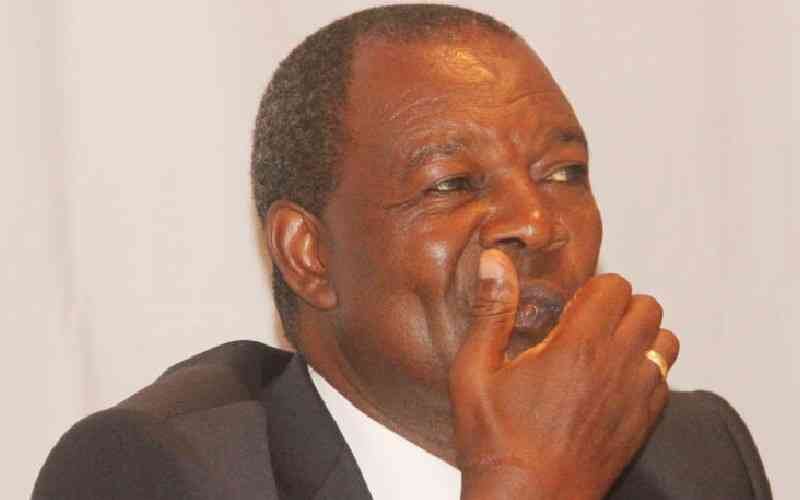×
The Standard e-Paper
Join Thousands Daily

The World Bank has warned of fresh risks in Kenya's domestic borrowing plan.
In a new report, the Bretton Woods institution appears to suggest it is important for the government to cut reliance on domestic debt, which has the inherent risks of crowding out the private sector.